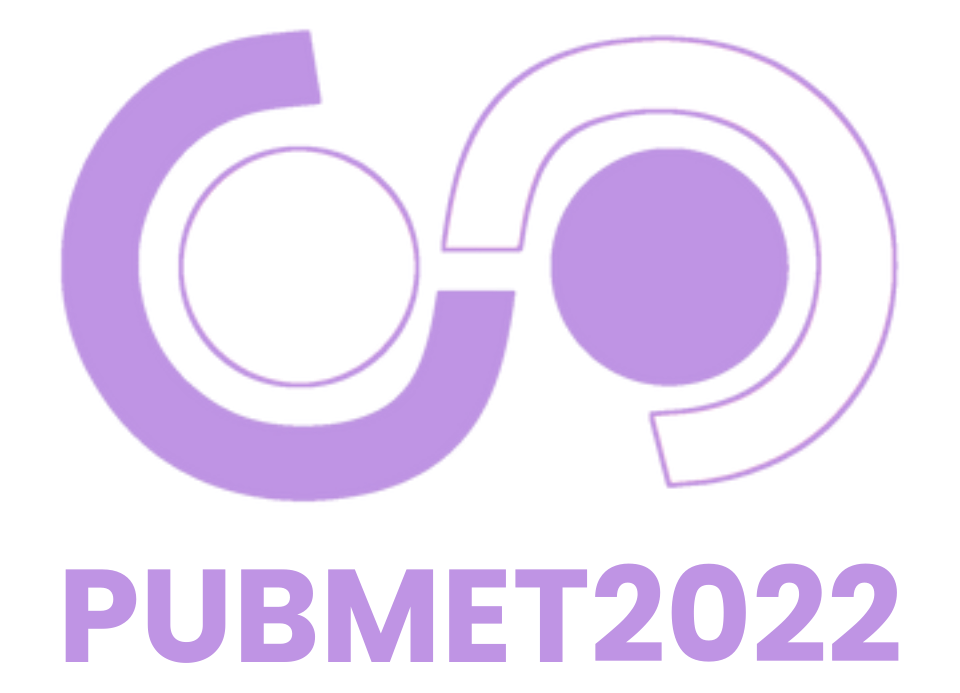Non-BPC Models and Collective Library Funding for University and Mission Driven Presses

In late 2020, COPIM, an Arcadia and Research England funded project, announced an innovative revenue model to sustainably fund open access (OA) monographs: Opening the Future. This initiative harnesses the power of collective library funding: increasing collections through special access to highly regarded backlists and expanding the global shared OA collection while providing a less risky path for smaller publishers to make frontlist monographs OA. Since Opening the Future launched, we have seen several other collective library funding models emerge in quick succession, including MIT’s Direct 2 Open, University of Michigan Press’s Fund to Mission, and Cambridge University Press’ Flip it Open. At the same time new policies and recommendations were announced which included OA requirements for monographs (e.g. Plan S). The landscape is clearly changing rapidly – in this presentation we will appraise our model in the context of this changing environment.
The programme has had success since its launch. The first publisher to adopt the model, Central European University Press, has accrued enough library support to fund their first seven OA monographs and in 2021 the initiative was recognised by the publishing community and nominated for an ALPSP Award for Innovation in Publishing. And the programme is growing; a second well-respected publisher, Liverpool University Press, launched with Opening the Future in June 2021. The project has now begun to turn its focus to the thorny problem of scaling up. But herein lies a tension.
OA monograph publishing needs to be sustainable not just for publishers, but also for libraries. Opening the Future was designed to be low-cost and simple, slotting into acquisitions budgets and existing library purchasing workflows. Publishers are working with scholars and other stakeholders, including librarians, university administrators and research funders to develop appropriate new business models that serve the needs of authors and readers alike. Equity considerations require sustainable non-exclusionary models, especially for authors that do not have access to the large fees of Book Processing Charges (BPC) – typically five times and more than an APC. Mandates from some research funders are coming soon, especially members of Plan S.
New models are being piloted now and this presentation will focus on how university presses, in particular, are developing their open access programmes and how funding issues might be addressed.
